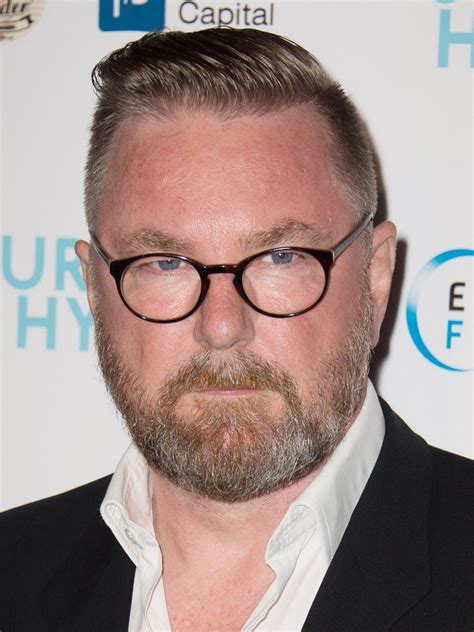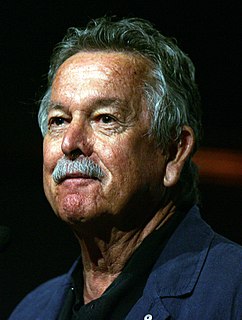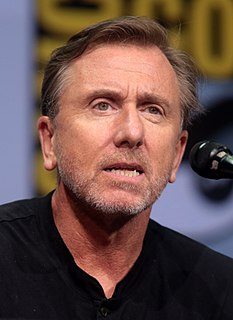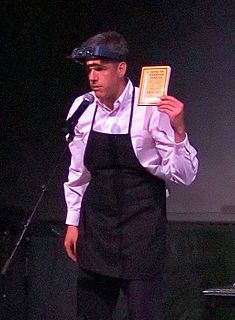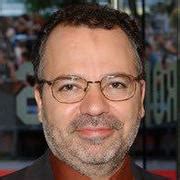A Quote by Michael Caton-Jones
All I wanted to do was be a professional film director with a body of work, and you're going to make some good films, some bad and some indifferent. You don't set out to make a dog, you set out to make something good. But I like them all.
Related Quotes
Film is such a director's medium; you're really in their hands in terms of the real storytelling. As an actor, you can give a performance moment to moment and some of your takes will be used and some of them won't. I think there are great films you can make with bad performances, and vice versa. There are all combinations of those things. It's really down to the director what happens, I think, so that's why it's really good to work with very talented, bold directors.
When you start out as an actor, you read a script thinking of it at its best. But that's not usually the case in general, and usually what you have to do is you have to read a script and think of it at its worst. You read it going, "OK, how bad could this be?" first and foremost. You cannot make a good film out of a bad script. You can make a bad film out of a good script, but you can't make a good film out of a bad script.
I make a lot of pots in a year's time and some of them are good and some of them are mediocre and some of them are bad. If they're really bad and I'd be ashamed of them, I throw them out, but if they're mediocre and they'll serve the purpose for which they're designed, that is, a mixing bowl or a soup bowl or a plate or whatever, I sell them. And this income from the sale of these pots permits me to go on and make other pots. It's even more important now that I've quit teaching, because I do not have a teacher's salary to fall back on.
When I wake up, I expect things to be good. If they're not, then I try to set about trying to make them as good as I can 'cause I know I'm gonna have to live that day anyway. So why not try to make the most of it if you can? Some days, they pan out a little better than others, but you still gotta always just try.
With a good script a good director can produce a masterpiece; with the same script a mediocre director can make a passable film. But with a bad script even a good director can’t possibly make a good film. For truly cinematic expression, the camera and the microphone must be able to cross both fire and water. That is what makes a real movie. The script must be something that has the power to do this.
Any working cartoonist will tell you this, anybody who's working in a creative field: at some point, it's a job. You have deadlines. I think, for over a year, I refused to make them for publications, because I only wanted to make them when I wanted to make them. But at some point, I was like, "This is crazy, you have an opportunity to be a professional cartoonist.
We didn't set out to make some polemic about life in the digital age, I can only react emotionally to story ideas. You hear an idea and you go, 'That's cool. I can see spending a few years of my life working on that.' As a filmmaker, you approach it like, 'OK. They're going to give you all this money to make this movie. It's like an electric train set you get to play with.'
I think auditions are set up for failure because they're not really the set experience. There's no time to develop the character. You're just looking at someone... if someone's really good in an audition, sometimes they're not good in the film. It's something you learn when you're doing short films. It's the same way that some people do well at taking tests and some people don't. But when you're on a long-term filmmaking process it's a completely different feeling.
